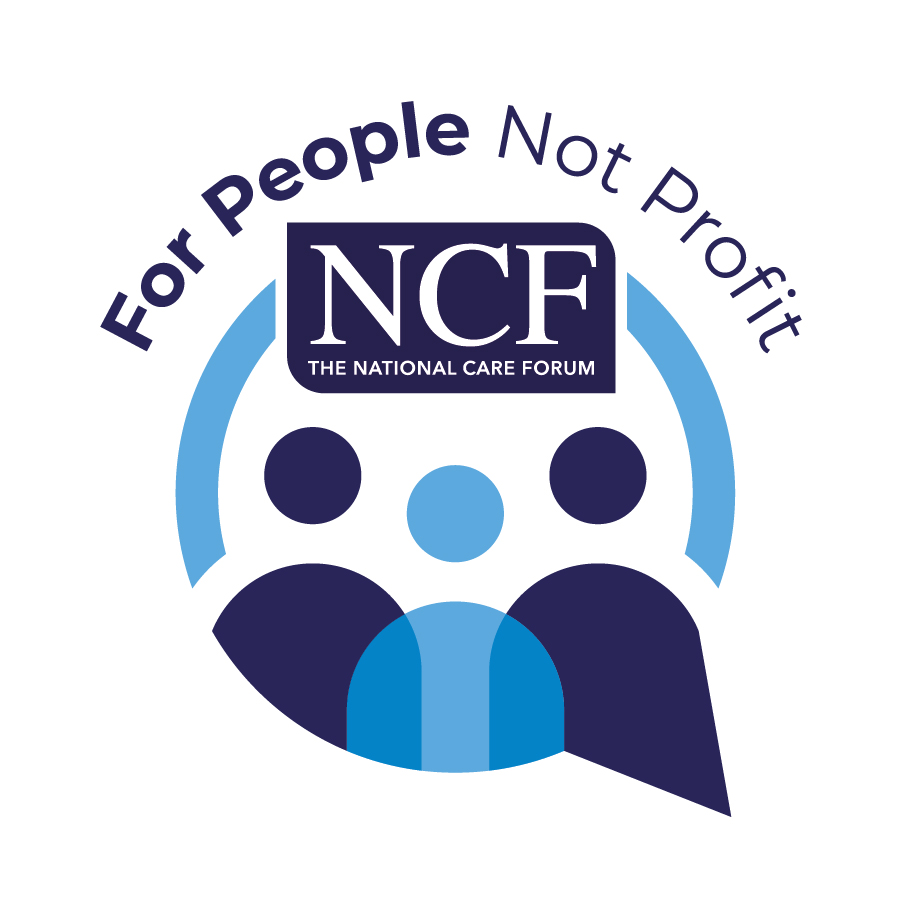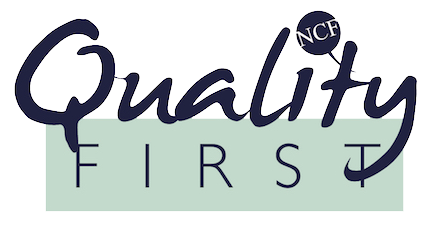How to become a charity trustee
Amica Care is looking for new Trustees with a broad range of skills. We are specifically looking for people with experience in the finance, legal, IT and property sectors.
Below we set out responses to common questions that we are asked to provide a simple overview on how to be a trustee. Please note that this overview is not a substitute for legal advice on your specific circumstances.
What is a trustee and who can become one?
Being asked to be a Trustee indicates that you are a very respected person and you have the skills and abilities that the Charity are looking for. A Trustee takes responsibility for holding property for its beneficiaries and ensuring that the charity operates within the law and its governing document.
How do I become a trustee?
If you would like to be considered for the role of Trustee you will be expected to submit your CV and meet formally with some of the existing Trustees, including the Chair, to discuss your skills and abilities and to also ensure that you are able to fulfil the role, including the time commitment. You will also be required to complete a DBS.
What should I do when I first become a trustee?
You will be sent a pack to read about becoming a Trustee, you will also be given a job description. You will spend some time with the CEO to learn more about the Trust and visit some of our homes.
What are my legal responsibilities?
- To act in good faith and with honesty and integrity
- To exercise reasonable skill and care in administering the Trust (the standard of skill and care expected of a professional being higher than that expected of a lay trustee)
- To comply with the terms of the Trust document
- To take control of the trust property and to safeguard that property
- To be impartial as between beneficiaries (see below)
- To act exclusively in the best interests of the Trust and avoid any conflict of interest between your personal interests and those of the beneficiaries
- You must not profit from the Trust; this means that you cannot buy property from the Trust or receive payment for carrying out your duties as Trustee (except where authorised to do so by the Trust document); professional Trustees can charge for their time but lay Trustees can normally claim only for out of pocket expenses
- To invest the Trust property (see below)
- To act unanimously in all decisions relating to the Trust
- To act personally (although certain limited delegation is permitted)
- To keep proper records and accounts and to submit the necessary tax returns on behalf of the Trust
- To consult beneficiaries where possible and provide information relating to the Trust when requested by beneficiaries
What would my duties involve?
Ensuring that the Charity acts within the powers of its governing document and acts within the duties under the Companies Act 2006. Attending monthly Board Meetings, visiting the care homes at least twice a year, offering support and advice within the trustee’s skills and abilities.
As a trustee, can I personally be liable?
Personal liability generally only arises if the failure to discharge duties actually causes loss to the charity or improper gain to the trustee.
About the Trust: Amica Care is a registered charitable company and its primary objective is to promote the relief of people who are disadvantaged by physical, mental and other handicaps and are in need. We achieve this through caring for older people, both in our care homes and independent living accommodation. We provide nursing, dementia, residential care and companionship, as well as day care and respite care. You can read more about the Trust and our core values here.
How to apply: If you are interested, please contact with Tania Leigh (tania.leigh@amicacare.co.uk) for an informal chat about the role of trustee and how to submit an application.






